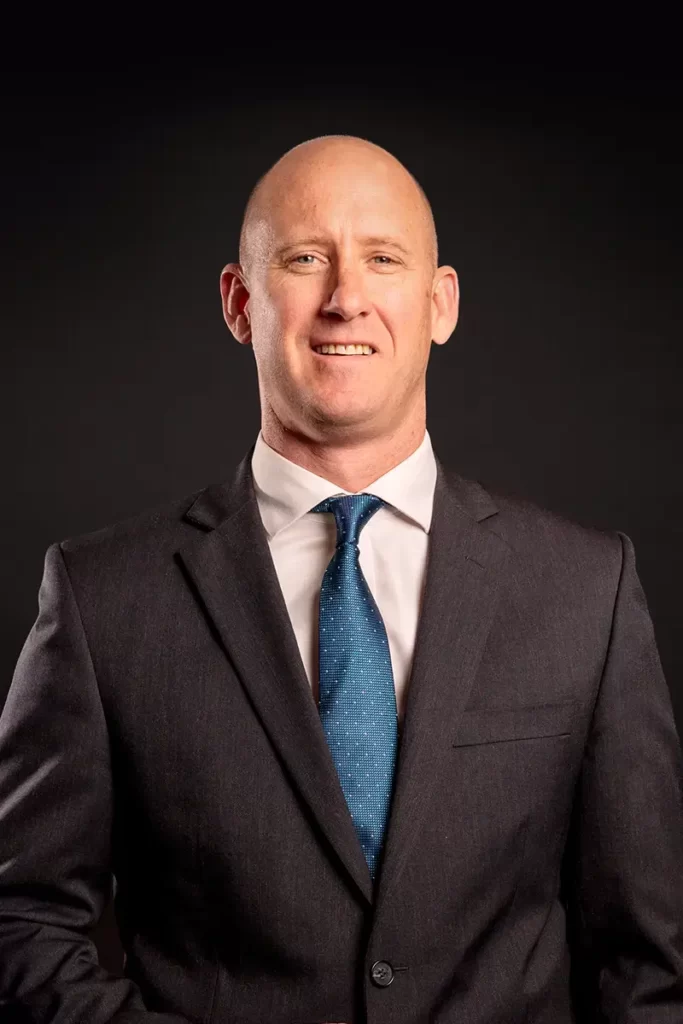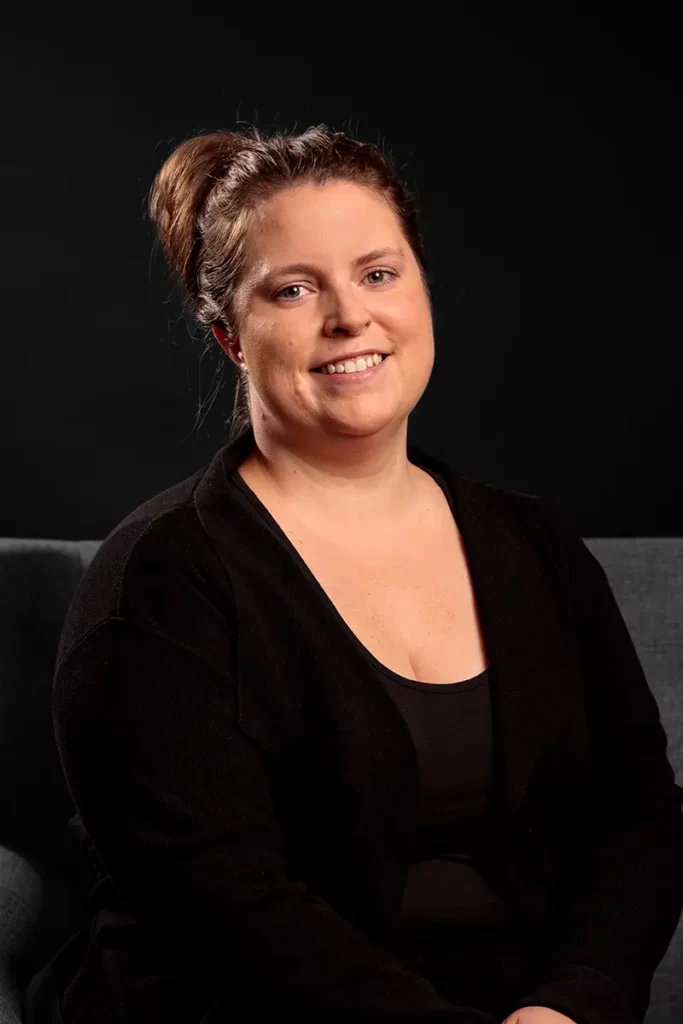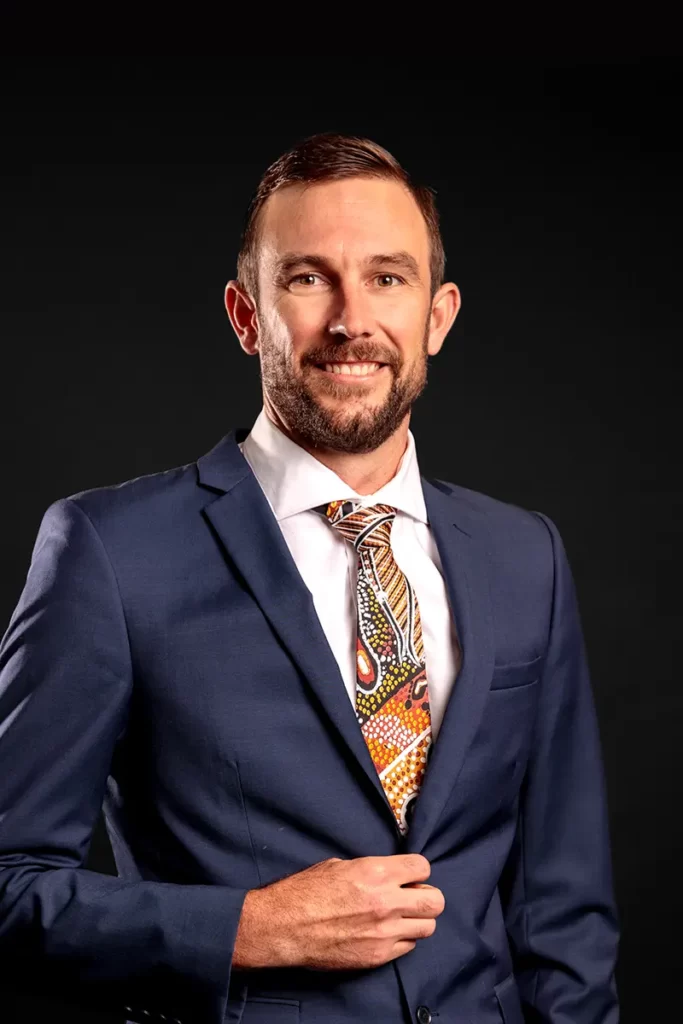Property Dispute Lawyers Brisbane
Dispute Resolution & Litigation
Helping you resolve property disputes and protecting your best interests
We understand that property is one of the most valuable assets people own. When someone threatens that asset, it is important to get trusted advice to resolve the matter quickly and effectively.
If a dispute arises over a property you have an interest in, and you have been unable to resolve the matter with the other party, our property dispute lawyers in Brisbane can offer expert advice, including assisting with lodging or removing a caveat.
We represent owners, tenants, landlords, real estate agents, buyers, sellers, and body corporates. Our property dispute lawyers Brisbane team will review all aspects of the matter to ensure the dispute is dealt with fairly and your rights are protected.
If you need expert legal assistance please call us direct on 1800 621 071
Our property dispute lawyers Brisbane team can help with:
- Caveats
- Disputes over Contracts for Sale
- Leasing disputes
- Body corporate disputes
- Real estate agency disputes
- Equitable claims
- Broken promises over property
- Disagreements between joint tenants/tenants in common (co-ownership)
- Appointing statutory trustees
- Mortgage issues
- Damage caused by third parties
Brisbane Property Disputes FAQs
A caveat is a notice on land that stops specific actions from being taken with the property. The prohibited action includes selling or mortgaging the property. People lodge caveats for several reasons, often because they are owed money or because of competing interests in the property.
A person must have a caveatable interest in land if they wish to lodge a caveat over the title. A caveatable interest exists when a person has a legal or equitable interest in land. One needs to understand the risks associated with lodging a caveat before doing so as a caveat cannot be lodged without reasonable cause. Improperly lodging a caveat may render a person liable for damages and legal expenses to the property’s owner if damages result from taking this action.
The Latin translation of ‘caveat’ means ‘may he beware of’.
The registration of a caveat over title of land, including units, houses, etc., acts as an injunction that prevents any further dealings concerning such land. In addition, caveats serve as a warning sign for prospective purchasers of a property, notifying them that someone else is declaring an interest in that property.
After a caveat has been lodged, the Titles office will check to ensure the caveat meets legislative and administrative requirements. Once confirmed that the caveat meets these requirements, the caveat will be registered.
Simply registering a caveat is not proof that the interest being claimed in the caveat exists. Only the Courts can determine if someone has a legal interest in the property.
A caveat will usually be in place anywhere from 2 weeks to 3 months. Action can be taken by the person who lodged the caveat to extend this timeframe if required until such time as a Court makes a determination on the property dispute.
Any party with an interest in property, or impacted by a caveat, should seek independent advice from an experienced property dispute lawyer to understand their unique circumstances and protect their rights.
There are several ways to remove a caveat. The most common strategy is for the property owner to issue a Lapsing Notice on the person who lodged the caveat.
Generally, caveats will automatically lapse three months after registration, unless Court proceedings have commenced.
A property owner can issue a notice on the caveator to force them to commence proceedings within 14 days from the issuance of that notice. In those circumstances, if a court proceeding is not commenced within the 14-day period, the caveat can be removed from title (which is much earlier than the automatic 3-month lapsing timeframe).
A second caveat cannot be lodged over the title of the same property on the same or similar grounds without leave of the Court. It is important to seek legal advice if your caveat has lapsed or been removed to find out what action you can take.
This situation commonly arises between family members, de facto spouses, and friends. Perhaps you have contributed funds towards purchasing or improving a property under the belief that you owned, or would come to own, part of the property. As time progresses, however, you realise that you are not a registered legal owner, and you may have grounds to lodge a caveat to preserve your interest in the property. Seeking advice immediately is vital to protect any rights you may have in that property or claiming compensation in relation to your interest.
This is another scenario that commonly arises between family members, de facto spouses, and friends. For example, someone may have promised a property to you as repayment for a debt, or for caring for your elderly parents, and then this does not come to fruition and the property is put up for sale. To protect any interest you may have in a property, you must seek legal advice from a lawyer who understands the complexity of property disputes as soon as possible.
Meet the Commercial Litigation team
Our dedicated team of lawyers who practice exclusively in commercial litigation can assist with property disputes across all states and territories in Australia.

Jeff
Garrett


Amanda
Heather

Chloe
Smith

Georgia
Taylor



Sienna
Marshall







